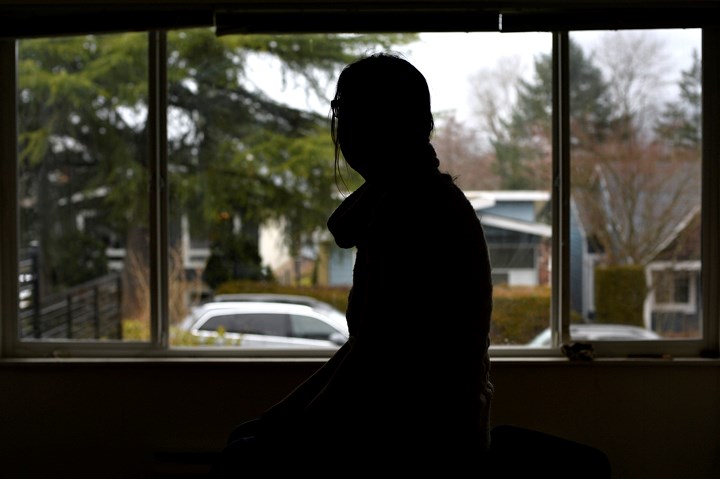The private investigator is hot on the trail of her quarry until he jumps into an ominous-looking town car. She frantically grabs her phone, shouting into it, “trace that licence plate!”
Soon after, she tracks him down, breaking open the door to his cabin. Another case solved.
This kind of scenario plays well on screens and pages but it’s not how things go in real life. In real life, being a private investigator is a whole different story.
“I don’t think a lot of the public knows what P.I.s actually do,” Burnaby private investigator Jolene Johnson told the NOW. “It’s not like the movies, it’s not like the TV shows coming out, it’s nothing like that.”
Johnson has been a private investigator for five years and has run National Risk Management Group Ltd. since 2018. The Burnaby resident employs four fully licensed private investigators and one private investigator under supervision in B.C. and Alberta. She also has licensed security staff in Alberta.
One aspect of the work of the private investigator is locating people, and much of that work is done online, she said.
“We do surveillance, that’s one piece of it. We do witness statements, that’s another piece of it,” Johnson said. “We do covert investigations but we don’t have any actual power like law enforcement, for example.”
One of the major differences between fictional P.I.s and actual investigators working in the private sector is that there are limitations on what they can do, she said.
“People think private investigators have all kinds of abilities to do this, that and the other thing on a file but really we don’t,” Johnson said. “We have no authority whatsoever.”
For instance, private investigators can’t run licence plates or do driver’s licence searches, she pointed out.
“There’s no power that I have that you don’t have as a private citizen, there’s nothing. The only thing is I’m licensed by the provincial government and I’m insured,” she explained. “My licence only gives me the right to charge money for services. And it also only gives us the ability to legally follow from place to place.”
In B.C, repeatedly following someone is a criminal offense for those without a private investigator’s licence.
“If a subject becomes aware that we are following them, and they get afraid, then it’s a criminal offence,” Johnson said.
Private investigators don’t buddy up with investigating officers for intel or help on a case, either, she said.
“We don’t work with police,” Johnson said. “If police stop one of our people doing surveillance, we are not allowed to disclose who we’re working on. We do tell them, ‘we’re on surveillance, here is our plate number.’ But we’re not allowed to legally disclose to the police what we’re doing.”
However, if the police have a file they’re working on in the area and the private investigator is impeding that, they do stop, according to Johnson.
However, the one element of fictional P.I. stories that rings true is the havoc it can wreak on an investigator’s personal life, so Johnson is very careful to help her employees with that side of things.
Because a lot of work they do involves sensitive material, Johnson allows her employees to disclose to their partners what kind of file they’re working on, though no personal details are shared.
“In some cases we’re investigating adult-oriented material where a subject may be involved in escorting. So that type of assignment, a male employee would have to go into that kind of environment and again, it raises havoc in relation to relationships as well,” she said. “The partner may not know this is work related, or ‘is my husband stepping out on me?’ So they can’t know who the file is on, but the type of file, we definitely allow our employees to disclose the type of file because at the end of the day, we Google weird things.”



